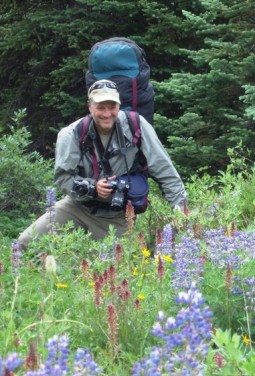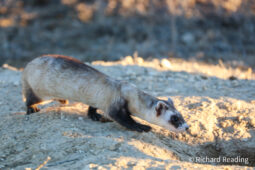
Protecting Wolves, ferrets, prairie dogs, vultures, etc. (start time: 3:39) How effective are Colorado’s efforts to preserve vulnerable species – wolves, black-footed ferrets, bears, prairie dogs and others? And what ingredients make it possible, including throughout the U.S. and the world, for wild animals and humans to get along when their homes overlap? Today How On Earth host Susan Moran continues her conversation with our guest from last week, wildlife ecologist Dr. Richard Reading, Chair of the Colorado Parks and Wildlife Commission, about Colorado’s most recent Wildlife Action Plan, and about other efforts to protect vulnerable species, ranging from butterflies to vultures. Dr. Reading is also Vice President of Science and Conservation at the Butterfly Pavilion.
If you missed our Pt. I conversation with Rich Reading last week, click here.
Hosts: Susan Moran, Joel Parker
Show Producer: Susan Moran
Engineer: Joel Parker
Executive Producer: Beth Bennett
Listen to the show here:
Podcast: Play in new window | Download (Duration: 26:32 — 36.4MB)
Subscribe: RSS



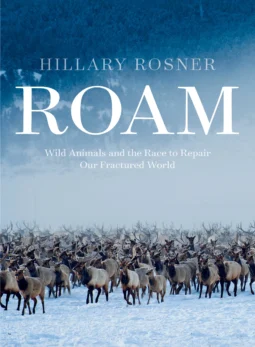
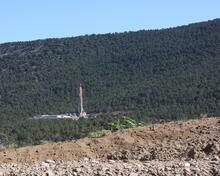
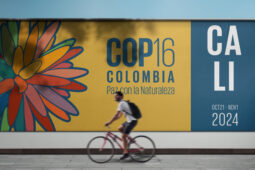 COP16: Hope & Hurdles (start time: 1:20) On this week’s show, host Susan Moran interviews two conservation biologists at Colorado State University —
COP16: Hope & Hurdles (start time: 1:20) On this week’s show, host Susan Moran interviews two conservation biologists at Colorado State University — 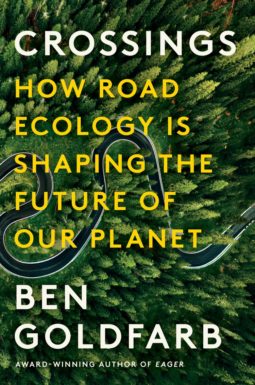 Wildlife Crossings (start time: 0:58) In this week’s show, host Susan Moran interviews journalist
Wildlife Crossings (start time: 0:58) In this week’s show, host Susan Moran interviews journalist 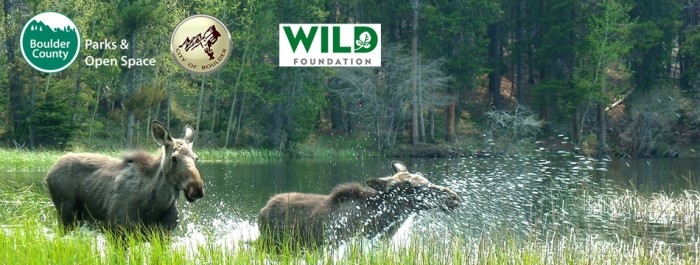

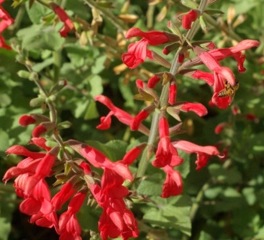
 Summer is a time to celebrate our bursting gardens. But you may be wondering why your neighbor’s garden seems to be attracting all the butterflies, honeybees and hummingbirds, while yours seems to be attracting mostly aphids and raccoons. Our guest, Alison Peck, owner of
Summer is a time to celebrate our bursting gardens. But you may be wondering why your neighbor’s garden seems to be attracting all the butterflies, honeybees and hummingbirds, while yours seems to be attracting mostly aphids and raccoons. Our guest, Alison Peck, owner of 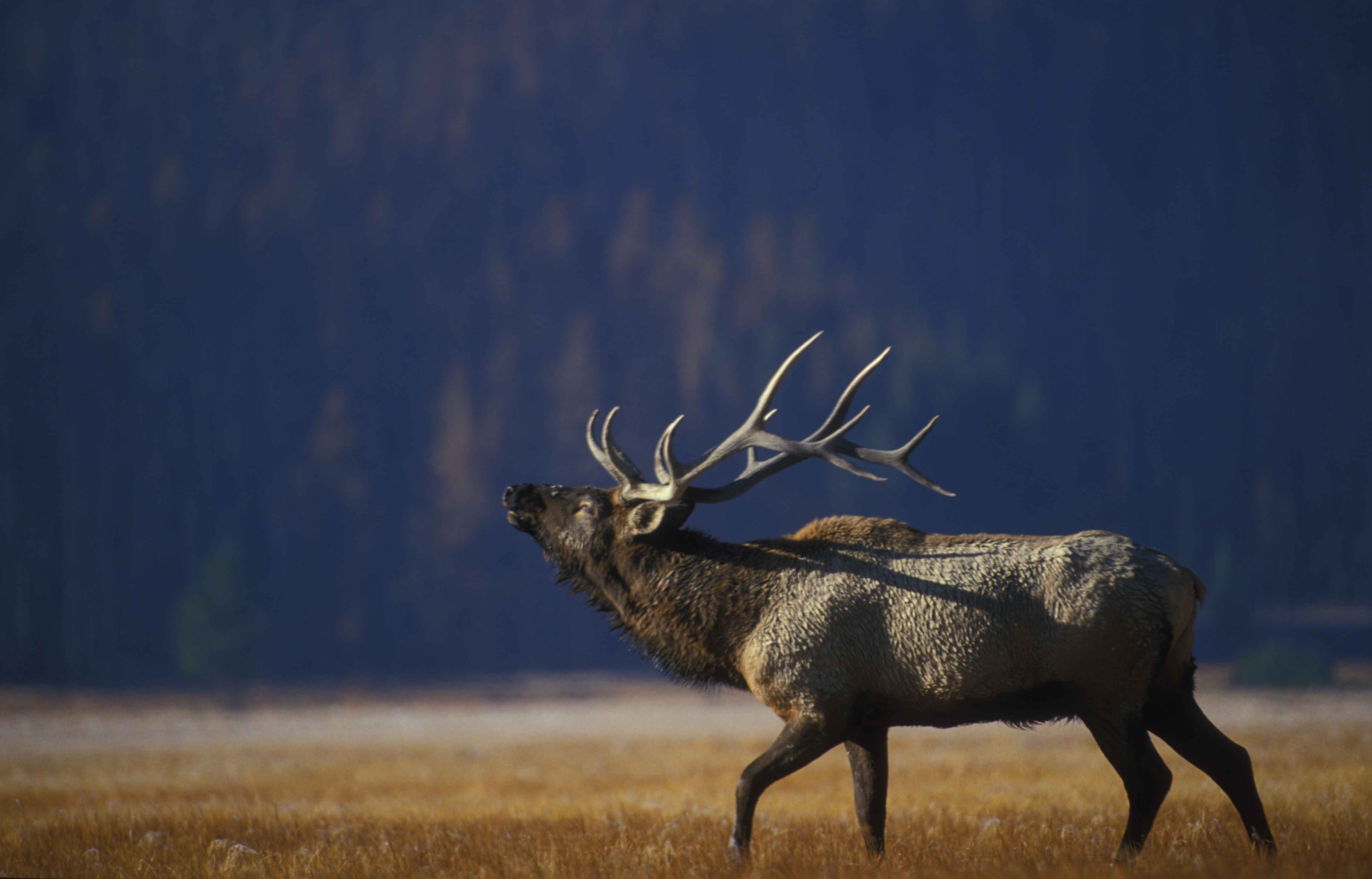
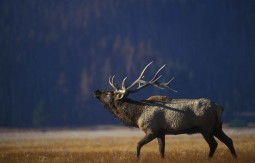 Big Game and Climate Change (start time 5:00) Last week, the National Resource Council released some serious warnings about
Big Game and Climate Change (start time 5:00) Last week, the National Resource Council released some serious warnings about 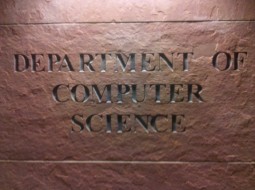 Hour of Code (start time 12:30) Coding is not just a magic trick where ones and zeros make
Hour of Code (start time 12:30) Coding is not just a magic trick where ones and zeros make 
![hs-2011-23-d-web_print Pluto and its moons [click to enlarge] (credit: NASA, ESA, M. Showalter, Z. Levay)](http://howonearthradio.org/wp-content/uploads/2011/08/hs-2011-23-d-web_print-255x255.jpg)
